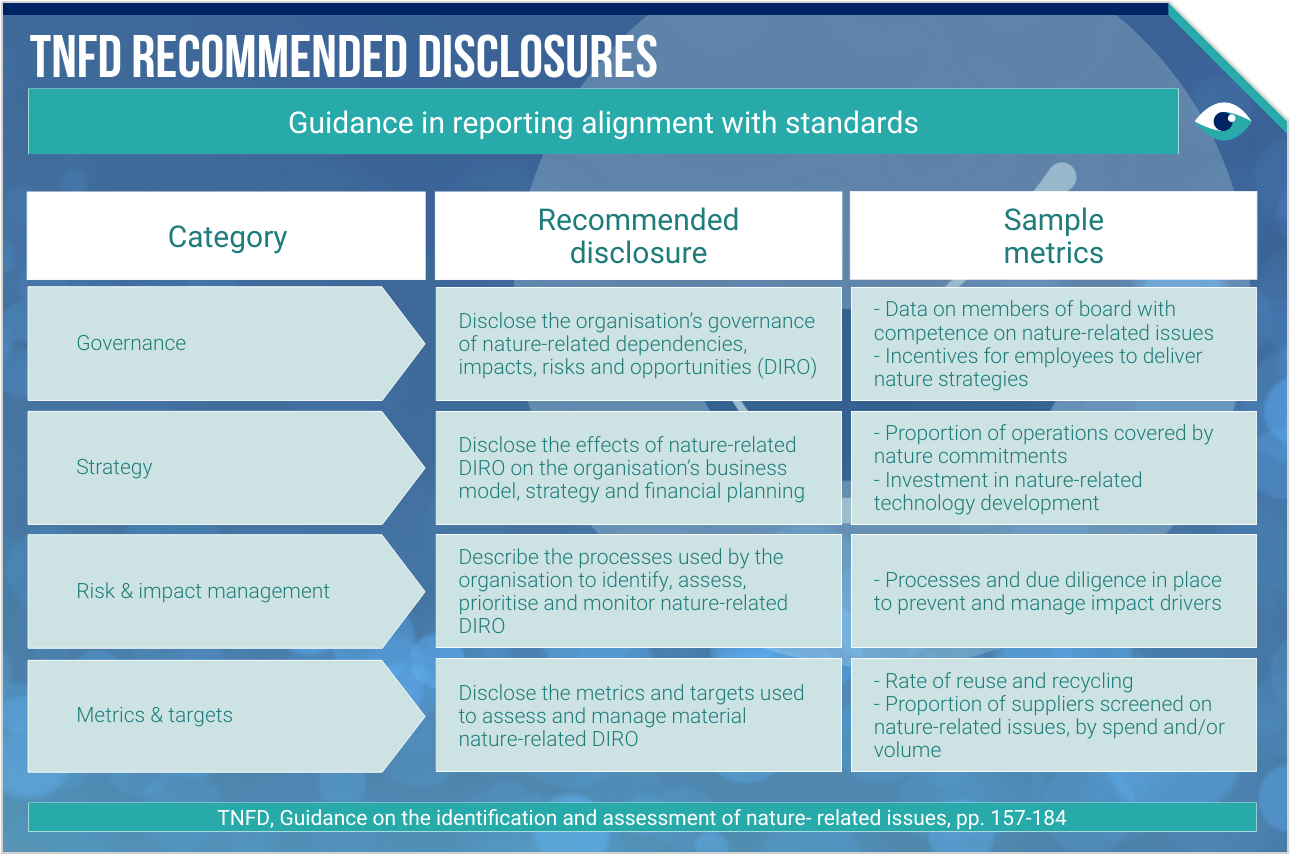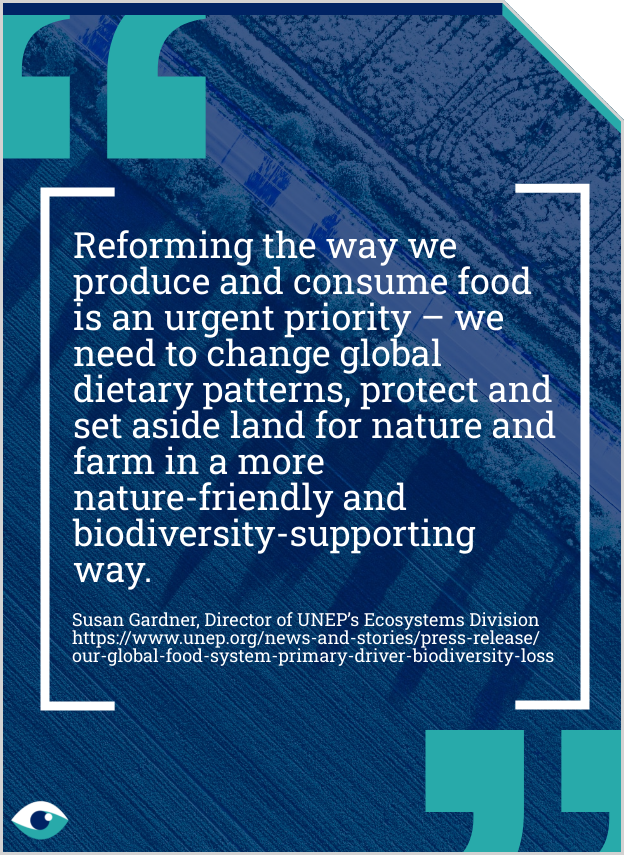The global economy, with over half that is reliant on nature, values biodiversity at around USD 44 trillion according to the World Economic Forum. This dependency underscores the critical need for conservation as biodiversity loss, driven by overfishing, deforestation, and climate change, threatens essential services like food and water. The United Nations highlights the increasing human and economic toll from environmental degradation at the COP 28, with climate change projected to slash global economic value by USD 23 trillion by 2050, marking a stark call to action. Over 150 corporations committed to set climate and nature goals.

Navigating the economic stakes of biodiversity loss
Food retailers commit to sustainable and collaborative supply chain management
Planet: Environmental impacts
Food & beverage retail
AT A GLANCE
Over 150 corporations at COP28 pledged to support climate goals and biodiversity targets.
Food retailers focus on sustainable sourcing, supply chain collaborations, and promoting regenerative practices.
Demand for biodiversity integration in food systems will likely become the norm in 2024 and beyond.
Sustainable sourcing
Companies leading the charge to sustainable sourcing, like Woolworths Group and Tesco, prioritise merchandise that are certified to environmental and social sustainability standards. Woolworths Group's goal to achieve net zero deforestation by 2025 and Carrefour's commitment to "deforestation-free" beef from Brazil by 2026 exemplify this focus. These policies and commitments, explicitly stated in disclosures, align with SASB's emphasis on managing environmental impacts in the supply chain.
Regenerative agriculture
Retailers like Tesco and Lidl choose to collaborate and source products from farms that reduce reliance on chemical fertilisers. To communicate these eco-conscious decisions, they label their products (example: LEAF Marque certification by Tesco) so that consumers can make an informed choice about choosing items that are made in a biodiversity-friendly way.

Supply chain management
Retailers such as Tesco, Carrefour and Lidl promote biodiversity preservation efforts through comprehensive traceability systems and supplier collaboration initiatives. Walmart also tries to be proactive in this context through its Project Gigaton which aims to avoid 1B metric tons of CO2 emissions from global value chains by 2030 by inspiring suppliers to reduce upstream and downstream greenhouse gas emissions. These initiatives highlight a collective move towards regenerative supply chains, stressing the importance of cross-sector cooperation to achieve sustainability goals, while reaping reputational benefits.

Outlook
With innovations in transparency, sourcing, and consumer engagement on the rise, demand for environmentally responsible products is expected to increase. Investors are also seen to continue to support products and companies embracing sustainable solutions. As businesses integrate biodiversity considerations into their operations, this practice will likely become the norm, spurred by consumer expectations and regulatory changes. Food retail businesses need to have a comprehensive strategy.
FURTHER READING
- Adopting TFND Guide (TFND)
- Food retailers can protect biodiversity (Trellis)
- Critical raw materials (European Commission)
